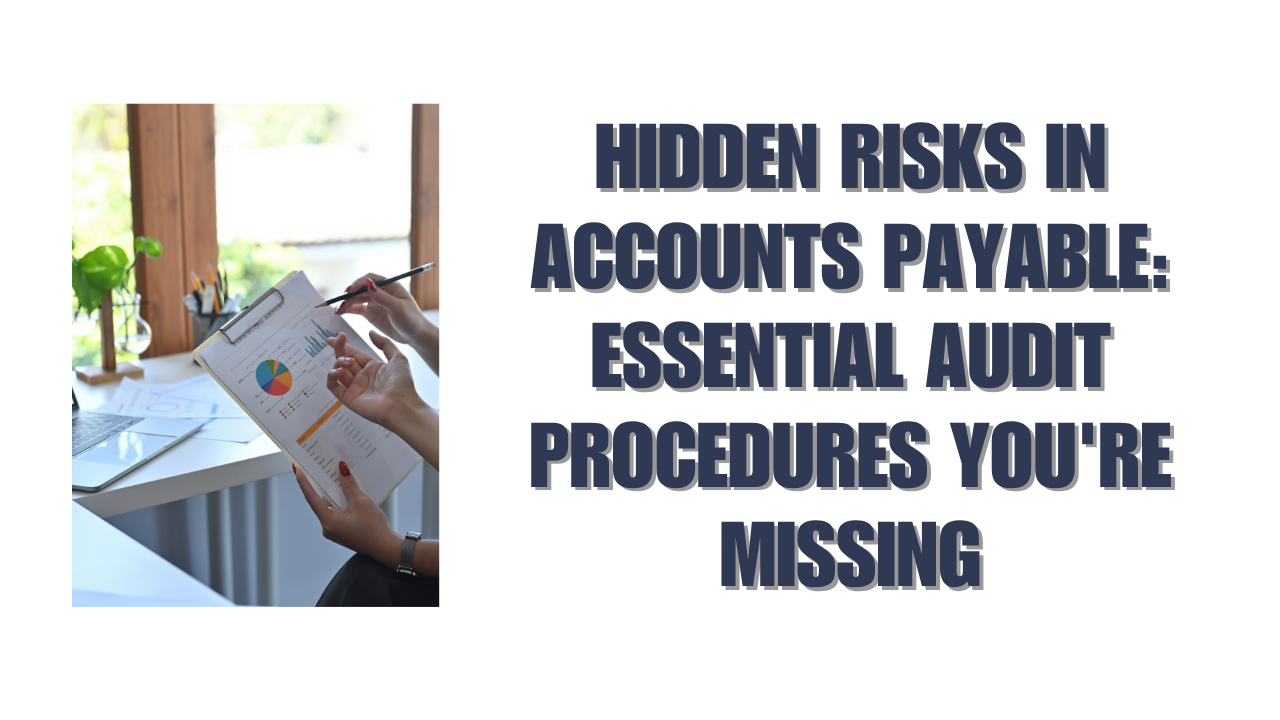Financial auditing empowers New Zealand businesses by providing vital accuracy guarantees, compliance standards, and strategic planning information. This reliable financial information is crucial for businesses in competitive markets, instilling a sense of control and confidence in decision-making. Stakeholders’ trust, growth opportunities, and effective risk management all hinge on this financial accuracy. Audits not only verify the precision of financial records but also create transparency and accountability structures, paving the way for sustainable business expansion.
Enhancing Financial Transparency and Accountability
Businesses with transparent practices succeed best in New Zealand’s market environment. Financial auditing verifies that all financial records maintain precise representations of how the company performs as well as what operations it conducts. The independent financial statement review from auditors reveals both discrepancies and potential operational improvements to businesses. Financial auditing strengthens organizational accountability, which achieves ethical and legally compliant financial practices between management and staff.
The clear presentation of information creates trust bonds with stakeholders who comprise investors, creditors, and regulatory oversight bodies. A business gains higher stakeholder trust in its financial information through precise and accessible reporting. Businesses that earn stakeholder trust receive more investments while gaining favorable credit terms and stronger strategic alliances that drive expansion for the long term.
Ensuring Compliance with Regulatory Standards
Every New Zealand business must adhere to regulatory frameworks, including the Financial Reporting Act 2013 and tax regulations enforced by Inland Revenue. Compliance with these regulations is not just a legal requirement, but it also provides a sense of security and confidence. A well-executed financial audit verifies company compliance through systematic financial and reporting practice assessments, ensuring businesses can operate without the fear of legal consequences.
The expertise of auditors enables companies to anticipate forthcoming regulatory updates, allowing them to avoid penalties. When regulations change, companies need to adjust their current procedures to maintain compliance. The analytical work of auditors helps businesses identify regulatory problems while providing actual solutions, which allows organizations to defend against potential risks so they retain their market position despite regulatory changes.
Identifying Opportunities for Cost Optimization
Financial audit assessments play a crucial role in identifying opportunities for cost optimization, a key factor in achieving proper growth. By uncovering company spending habits and exposing wasteful expenses, audits enable organizations to minimize costs while preserving operational quality. This leads to increased efficiency through process reduction and supplier contract reorganization, ultimately improving resource deployment and increasing profitability.
Through cost optimization, businesses receive the freedom to invest their saved money into activities that help them develop new products or grow markets, as well as train their staff. Strategic business investments position the company well for enduring achievements in New Zealand’s market due to its improved competitiveness.
Supporting Strategic Decision-Making
Financial data precision, established through the work of auditors, serves as a foundation for strategic decision-making at all organizational levels. Auditors of economic statements deliver genuine performance data, allowing executives to determine their businesses’ growth potential. This precision is particularly crucial when evaluating merger options, new product launches, and expansion plans, as it enables companies to fully understand their financial standing and optimize risk-reward assessments.
Through auditing services, institutions receive both trend data and performance metric insights to help them recognize expansion possibilities. Audits detect poorly performing assets and show business management areas where new investments could produce major profitability gains. Such valuable knowledge enables organizations to base their critical business decisions on quantitative methods directed by future growth targets.
Building Investor Confidence
Investor confidence is a major factor that directly promotes business expansion. A financial audit, by proving the accuracy of company financial statements and detecting any major incorrect information, plays a significant role in building this confidence. Audited statements create a sense of financial accuracy, leading existing stakeholders and future investors to provide support for expansion efforts.
Business development in New Zealand largely depends upon outside funding to support growth efforts. A business must present audited financial statements when it seeks loans or grants and equity financing. A company demonstrating sound financial practices along with accountability can access the necessary funds to reach its growth objectives.
Strengthening Risk Management Practices
Given the complexities of present-day business operations, risk management plays an essential role in sustaining organizational expansion. Financial audits can discover organizational exposures to fraud, financial management issues, and operational inefficiencies while helping companies eliminate them. A financial audit team assesses internal controls and analyzes financial systems to provide organizations with vital recommendations about improving their risk management operations.
High-quality risk mitigation systems enable companies to withstand economic market volatility and protect them from monetary harm. Risks handled in advance by businesses create operational advantages that allow them to conquer obstacles while unlocking new business opportunities, leading to long-term growth.
Improving Operational Efficiency
Organizations need operational efficiency for their business growth to succeed. Organizations benefit from financial audits because they discover process weaknesses while receiving detailed recommendations for improvement. Full statistical analysis shows auditors can identify tasks for automation as well as propose ways to optimize supply chains.
Businesses can increase productivity, minimize their costs, and enhance performance through the implementation of these recommendations. Businesses that improve their operational efficiency find themselves able to reallocate previously tied-up resources toward growth-oriented strategies, including digital marketing investments and technological infrastructure development.
Promoting Ethical Practices and Good Governance
A company must uphold ethical standards along with good governance practices to construct a solid business reputation while maintaining stakeholder confidence. These principles receive financial auditing support, which helps businesses maintain transparent and responsible operations. Auditors enforce financial practice accountability upon management, which ultimately develops an ethical framework of transparent behavior.
The decision-making framework gets improved by good governance because it makes sure that growth strategies both follow organizational values and support decade-long objectives. Businesses that maintain ethical business practices and strong governance structures will build sustainable growth by retaining customer loyalty and maintaining trusted relationships with their personnel base and investor community.
Facilitating Access to Global Markets
Financial auditing remains a fundamental necessity that businesses must squeeze when they choose to extend operations into worldwide markets. Multiple worldwide business sectors maintain strict rules about financial reporting, which companies need to fulfill to access new markets. The presentation of audited financial statements proves a company meets established requirements, thereby letting them enter new markets and uncover new business opportunities.
New Zealand businesses participating in overseas markets and partnerships achieve substantial advantages when they use professional auditing services. Auditors help companies gain international market credibility through global standard compliance, which results in effective competition in modern, globalized economies.
Conclusion
Financial auditing serves as an essential instrument that drives business development progress within New Zealand. The combination of enhanced transparency with compliance assurance and strategic insights provides businesses the power to build trusted operations while optimally utilizing resources to pursue their growth targets. Audits play an essential role in building sustainable companies since they simultaneously detect risks and drive ethical practices that create sound foundations for growth.
If you are looking for expert financial auditing services in New Zealand, visit Aurora Financials. The firm provides auditing and assurance solutions, accounting services, financial reporting support, tax consulting, NZX-related services, and risk evaluation and compliance assistance. Our team is dedicated to helping your business navigate its financial journey and achieve its full growth potential.
FAQs
1- How does financial auditing support business growth in New Zealand?
Financial auditing enhances transparency, ensures compliance, provides strategic insights, and helps businesses identify growth opportunities while building stakeholder trust.
2- How can audits help optimize costs in a business?
Audits identify inefficiencies, reduce wasteful expenses, and suggest process improvements, allowing businesses to allocate resources to growth-oriented activities.
3- What role do financial audits play in risk management?
Audits uncover risks such as fraud, operational inefficiencies, and weak internal controls, providing recommendations to strengthen risk management practices.
4- Why is financial auditing essential for investor confidence?
Audited financial statements verify the accuracy of economic data, building trust with investors and enabling businesses to secure funding for expansion.
5- How do financial audits help businesses enter global markets?
Audits ensure compliance with international financial reporting standards, enhancing credibility and enabling businesses to access and compete in global markets.





